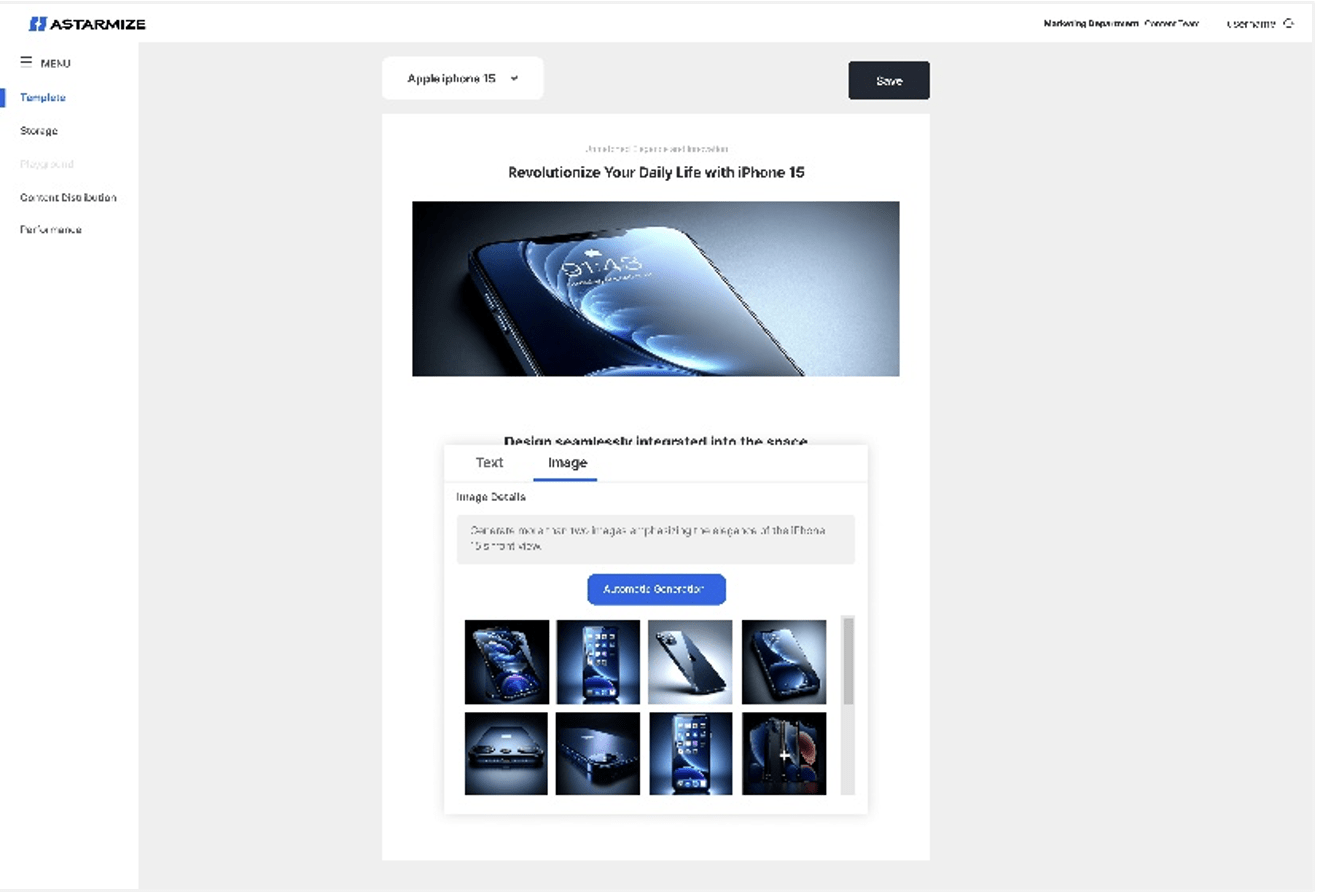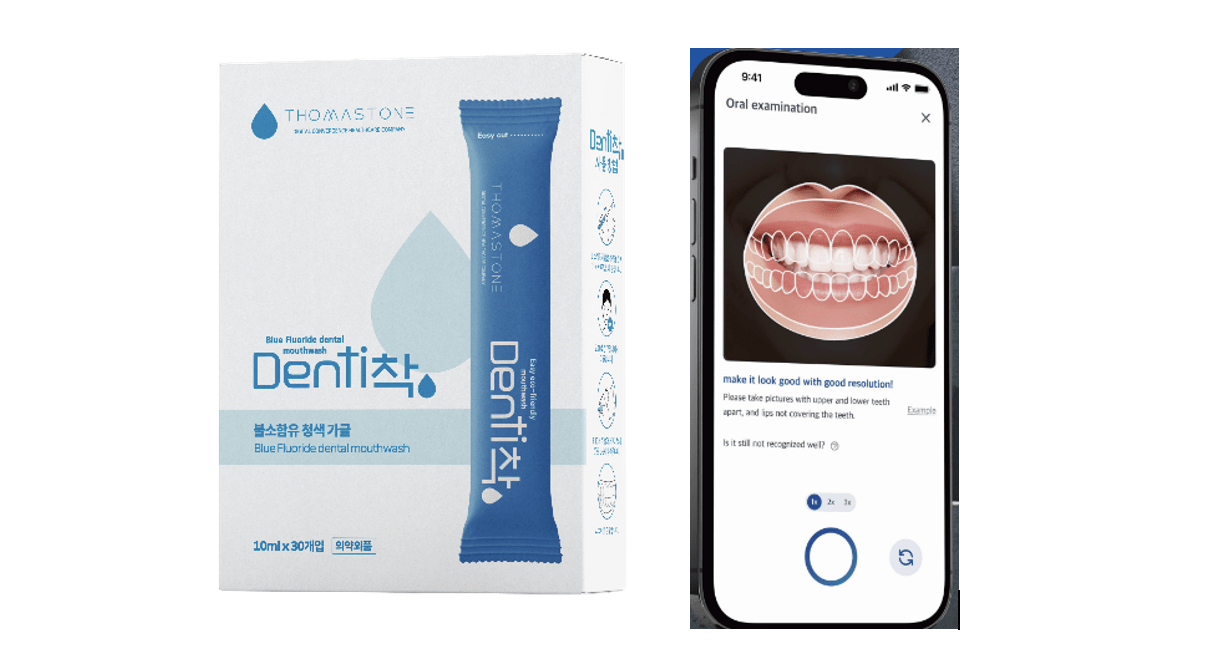Korean AI-Medical startup Lunit, which had received preliminary approval for an IPO on the KOSDAQ market in April, has filed a registration statement with the Korean Exchange for an initial public offering (IPO) of its common stock. Lunit will list its common stock on the KOSDAQ market under the ticker code “A32813” next month. NH Investment & Securities will act as book-running manager, backing Lunit’s debut.
Lunit, a leading provider of AI solutions for cancer, will offer 1,124,300 shares in the price range of KRW 44,000 to 49,000 ($34-38). The exact price will be determined after recording institutional investors’ demand on July 7-8, while retail buyers can participate in the public subscription during July 12-13.
Healthcare company that provides AI solutions for cancer screening
The Seoul-based startup has become the first healthcare company in South Korea to get an AA-AA technology rating, which is a requisite for a special listing track in the KOSDAQ. Founded in 2013, Lunit develops products that include AI programs for analyzing breast mammograms and tissue slides for cancer biomarkers and scanning X-ray images for common chest conditions. Its flagship products are Lunit INSIGHT, an AI image analysis tool for screening cancer, and Lunit SCOPE, an AI biomarker platform for cancer treatment.
With the IPO Lunit expects to raise about 54 billion won ($42 million). The company plans to spend the capital in laying the cornerstone for sustainable growth by financing R&D of its AI products and global market development. “AI matters in the field of healthcare and medicine, and it is transforming the industry,” said Brandon Suh, CEO of Lunit. “By going public, Lunit will strive to further pioneer the global medical AI market and spearhead a new way of cancer diagnostics and treatment support, which is in line with our mission: Conquer cancer through AI.”
Global collaborations & technology upgrade
Lunit achieved triple-digit growth every year since 2019. During the first quarter of FY2022, Lunit earned 44.8% of last fiscal year’s total revenue. The company reached a revenue growth of 552% on a comparable basis, while revenue from overseas markets also surged 731% year-over-year.
Lunit collaborates with Medtechs such as GE Healthcare, Philips and Fujifilm for its AI tools supply to about 600 medical sites in over 40 countries worldwide. In July 2021, Guardant Health invested $26 million in Lunit and signed an exclusive biomarker business contract focused on identifying patients who may benefit the most from specific immunotherapies.
Lunit continues to expand its operations overseas by acquiring Medical Device Single Audit Program certificates in the US, Canada, Japan, Australia, and Brazil. In November 2021, Lunit INSIGHT products for chest x-ray and mammography secured their FDA clearances. Lunit INSIGHT CXR Triage analyzes scans for suspected conditions, such as a critical build-up of fluid or a collapsed lung. It then alerts clinicians of urgent cases. Lunit INSIGHT MMG helps spot suspicious lesions that could be a sign of breast cancer.
Also Read,
- Lunit signs partnership with the US company Guardant Health for its AI-based cancer treatment technology
- Korean AI-Medical startup Lunit partners with Philips for its diagnostic X-Ray solution
- Korean Medical AI startup Lunit secures $26 million funding for global expansion
- Five Healthcare Korean startups that are using AI to enhance medical treatment








